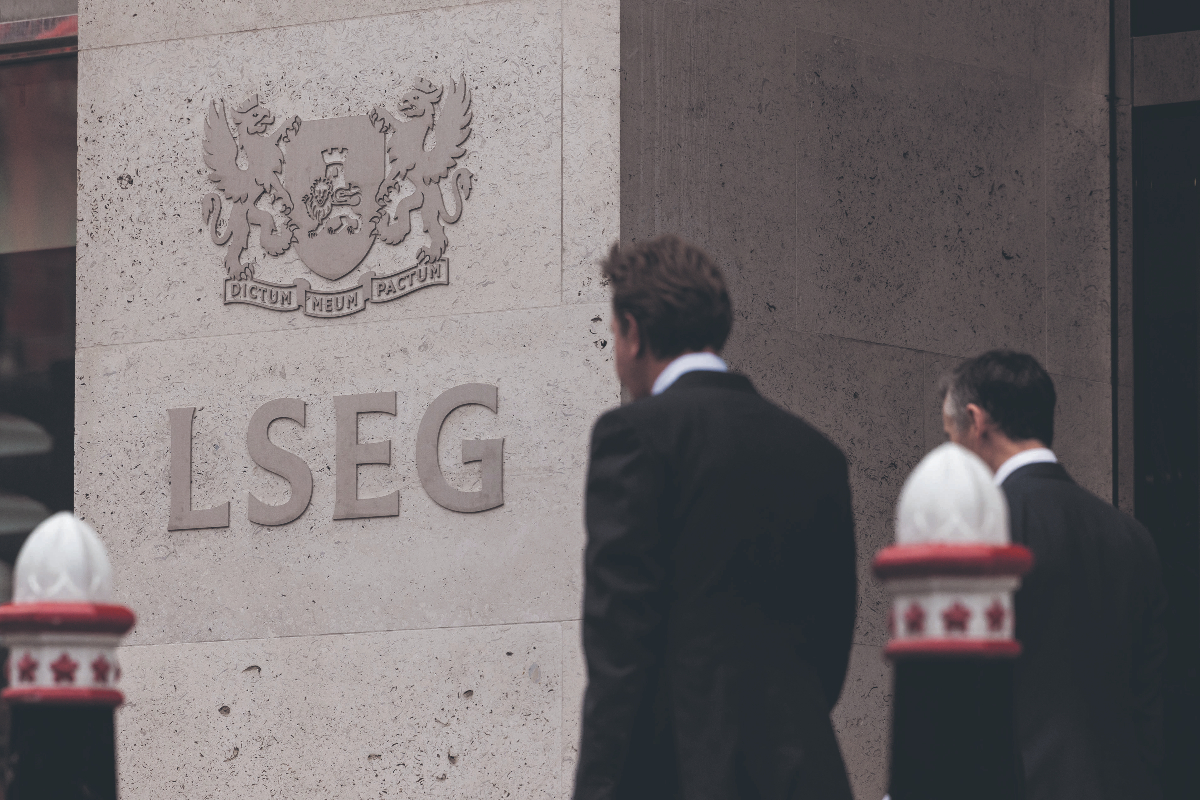FTSE 100: London gains as Iran’s attack on Israel sends oil prices higher
London markets made gains on Wednesday morning after an unprecedented missile attack on Israel by Iran that sent oil prices higher and shook global stocks.


London markets made gains on Wednesday morning after an unprecedented missile attack on Israel by Iran that sent oil prices higher and shook global stocks.
The prospect of a regional conflict is looming large over the Middle East after Iran fired around 180 missiles at Israel on Tuesday, for which Israeli authorities promised there would be “consequences”.
Brent crude surged as much as four per cent to $74.91 a barrel after White House officials warned a strike was imminent. It is now trading at $74.63.
Early on Wednesday, Israel announced it was sending “additional forces” to its ground operation inside Lebanon, which began earlier this week.
“The events drove a geopolitical risk-off tone, with clear ramifications across multiple asset classes,” said Jim Reid, a strategist at Deutsche Bank.
London’s blue-chip FTSE 100 has proven more resilient than most other global stock market indexes, given its weighting towards defence and energy giants.
The FTSE 100 gained 0.36 per cent to 8,306.23 on Wednesday morning, while the mid-cap FTSE 250, which is more closely aligned with the health of the UK economy, remained broadly flat at 20,915.20.
BP, BAE Systems and Shell were among the FTSE 100’s biggest risers in early trading, up two per cent, 1.5 per cent and 1.2 per cent respectively.
“A subdued tone has hit trading as markets brace for further repercussions from the Middle East crisis,” said Susannah Streeter, head of money and markets at Hargreaves Lansdown.

“The FTSE 100 has headed higher in early trade, partly because of its defensive nature, helped by strength in energy stocks as oil prices continue their march upwards.”
US stocks slipped at the close on Tuesday as investors digested events in the Middle East, on top of a closely-watched survey showing that manufacturing activity continued to decline in September.
The S&P 500 index closed 0.9 per cent lower, while the blue-chip Dow Jones Industrial Average fell 0.4 per cent.
The European Stoxx 600 benchmark fell 0.4 per cent at Tuesday’s close, while Germany’s Dax, made up of 40 blue-chip firms, dropped 0.6 per cent.
Elsewhere, the price of gold jumped as much as 1.3 per cent on Tuesday to a near record of $2,673 per ounce as investors piled into the safe-haven asset. It was trading at $2,649 on Wednesday morning.


